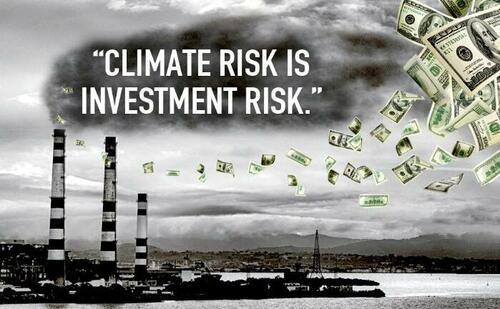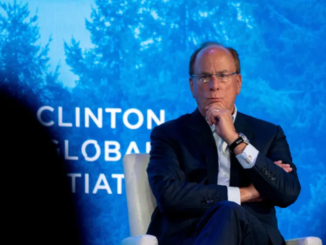
By Charles Kennedy of OilPrice.com
The world’s biggest asset manager, BlackRock, says that significant reforms in the public sector and public financial institutions could close the gap in climate financing in the emerging markets and free up to $4 trillion more in decarbonization investments by 2050.
The BlackRock Investment Institute (BII) published a paper on Tuesday that found that transition-related investment in emerging markets “will likely be notably lower than what they need across a range of scenarios.”
According to BII, closing the gap would “require significant public sector reforms and private sector innovation, resulting in greater “blending” of public and private capital – or blended capital.”
Some of the reforms include evolving the mandates and toolkits of multilateral development banks and public financial institutions like the World Bank, BlackRock’s economists and researchers wrote.
“We think public funding has been ineffective in mobilizing private capital at scale – and that’s where the multilateral development banks (MDBs) and public financial institutions can play a key role,” BlackRock’s researchers noted.
If reforms are successful, low-carbon investments in emerging markets could jump by an additional $200 billion a year – or $4 trillion overall – above BlackRock’s base view of a major increase in investment between 2030 and 2050.
But if reform efforts prove less durable or effective than in the base case, BlackRock expects investment levels reduced by about $50 billion a year, along with lower economic growth, lower energy demand, and a more divergent global transition.
Emerging markets excluding China have seen very little growth in low-carbon transition investment in recent years as most spending has been in the U.S., Europe, and China, BlackRock notes, citing IEA data that annual clean energy investment in emerging markets has flatlined since at least 2015 at around $250 billion per year.
The capital shortfall for the energy transition in emerging markets will likely persist, according to BlackRock.
“We think transition investment needs across EM are enormous – and not close to being met. Based on today’s investment trends, this shortfall will likely persist no matter how quickly or slowly the transition accelerates.”
Loading…



